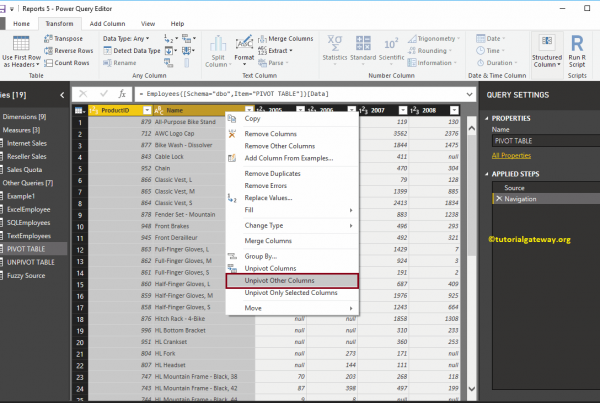The servers they are central and powerful computers in the field of information technology that process and provide software and files on a network. From a customer's point of view, multiple computers on a network can contact the central server to get the requested information. In client-server architecture, the server can be software that provides a service and runs on one or more computers, or it can be hardware, and in this circumstance they are often referred to as server racks, server farms, or server systems. To avoid this ambiguity of the term "server", the term "host" is used to refer to a server as hardware.
General information
Servers as hardware are generally very powerful and are located in separate and refrigerated rooms so that the performance not affected by external factors. The chassis of a server is usually expandable for modular expansion (for example, with storage media or other modules).
These servers are usually organized in a cluster or network, creating a server farm. This is especially the case for data-intensive companies, such as search engine operators. A server typically runs on a network operating system, which is essential for file sharing or printing across multiple computers (print sharing).
If the servers are used as specific service servers for specific tasks, they are called dedicated servers. At the same time, the servers can be used as both intranet and Internet solutions. The former is only accessible to a specific group of people, such as company workers, while traditional servers are mostly public. The servers can also be operated as virtual servers. In this circumstance, an additional server is mimicked on one system.
Features
Depending on the task and the app, a server must provide certain functions. Therefore, servers are further referred to as web servers, mail servers, or application servers. Probably the most common type of servers are web servers, where the websites are located and which provide different services for customers. For example, a server used to run a web portal must have enough computing power to respond to many HTTP requests from the WWW.
Modern servers distribute these requests and they use the division of labor to handle a large number of customer requests. CDNs (content delivery networks) should be mentioned in this particular context. The servers contain a database. MySQL databases are frequently used. Database and server systems must be compatible.
Relevance for SEO
In terms of search engine optimization, it is essential to use a server powerful and fast for a web. If a server reacts too slowly, there can be long delays in the loading time of web pages. This is unpleasant for web users, so they may end up dissatisfied and abandon it. The KPIs of a website that has a long loading time are generally negative. Therefore, if the time spent on the site is very short, the bounce rate is high and the running costs of such a website are higher than for fast websites.
Page speed is also a ranking factor for search engines, which can be tested with a number of tools.[1] Ideally, the server load should be constantly monitored. If the values are critical, the search engine can lower the page in its index.
A bad or negative value for load time is not only annoying for users, but also for search engines. A good server infrastructure It is a prerequisite for a successful website that is well positioned in search results. This also includes the fact that web servers on large sites do not function as dedicated servers, as this requires unnecessary computing power for special services. It is recommended to run web servers and dedicated servers separately.
Web Links





